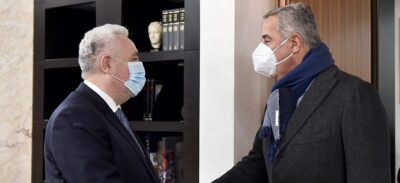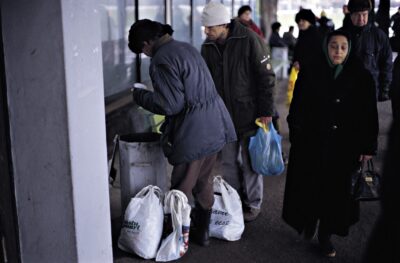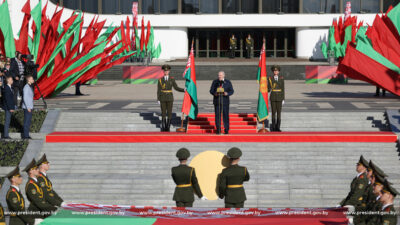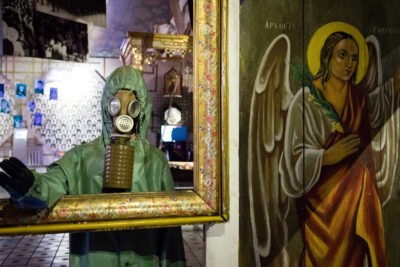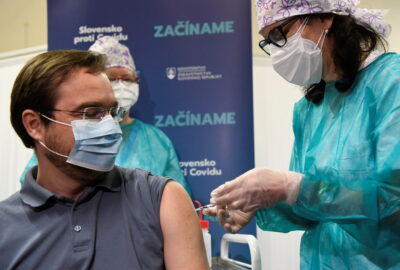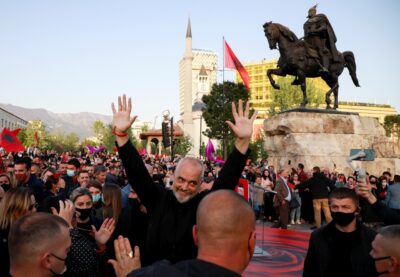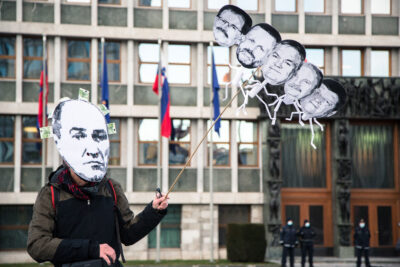Serbia and Montenegro: deteriorating relations between states
With the formation of the new government in Montenegro, it was assumed that Belgrade-Podgorica relations could improve significantly. However, both the Democratic Party of Socialists of Montenegro (DPS), which had been ruling for almost thirty years, and the unquestioned leader and president of Montenegro, Milo Đukanović, warned about the dangerous “approach” of Montenegro...
More →
